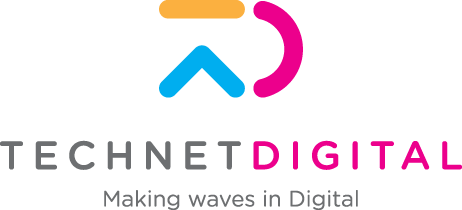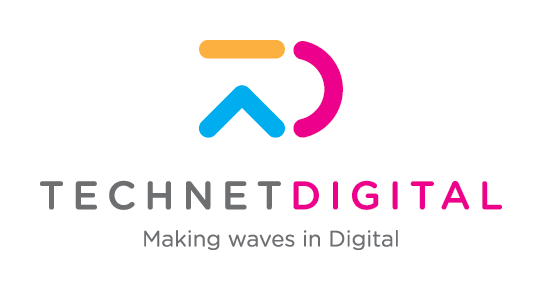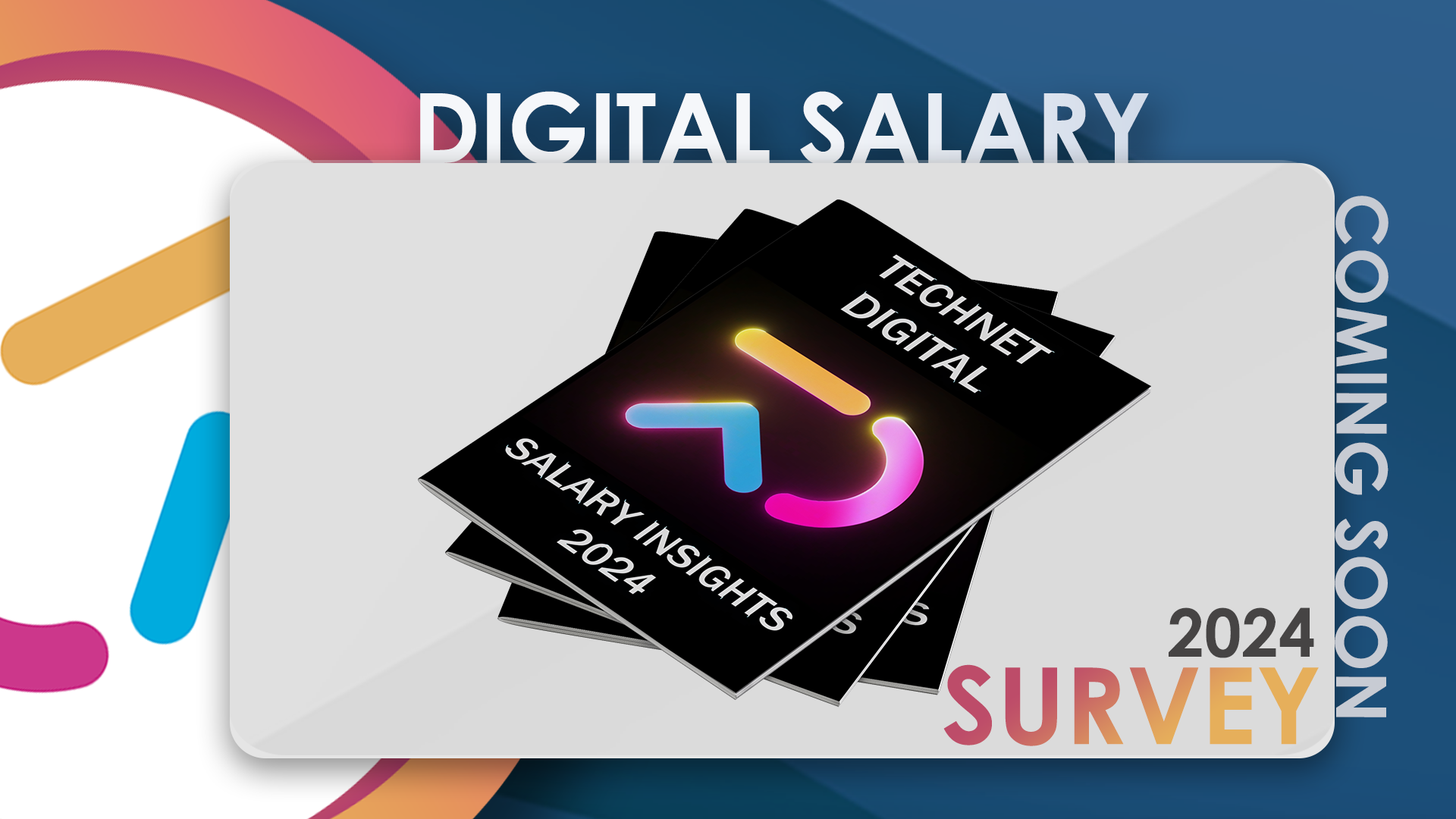
Digital recruitment: talent trends for 2023
As the year draws to a close, digital businesses are already outlining their digital recruitment strategies to get a head start on the competition.
The digital industry is a competitive field, with digital professionals making up 14% of the UK workforce. But what should businesses be mindful of when hiring talent in the next year?
International talent
Thanks to the increase in remote-working, companies have realised that they are doing themselves a disservice by limiting their talent pool.
By opening up your digital recruitment strategy and introducing international talent to your team, you’re able to access niche skills, and build on the important diversity and inclusivity profile of your business.
As the candidate market condenses further, it only makes sense to widen your talent pool as much as possible – which is something you’re able to control as a business.
Internal mobility
Digital professionals are often multi-skilled, and wouldn’t it be a shame for those skills to go to waste? Soft skills are on every company’s Christmas list, and business leaders will be choosing to restructure their teams in order to cut costs.
But what does this mean for their employee’s careers?
Restructuring creates room for existing employees to retrain and grown beyond their roles. This also supports career development and personal branding, which entices employees to stay.
Work-life integration
If you haven’t noticed that candidates are now prioritising their work life balance more than ever, you must be living under a rock.
In 2022, we saw a lot of businesses across different sectors trying to compete by offering perks and benefits that encourage a healthier work life balance for their employees.
Although we expect to see the same in 2023, we are slowly seeing the drift from work life balance to work life integration, and this aspect will become an expectation, rather than a benefit.
This is especially visible in the Digital world, as more and more digital talent requests flexible working.
The UK government have recently announced that employees are now able to request flexible working from day one on the job. This means that digital candidates will have more freedom to accommodate their preferred working methods and to fit work round their lifestyle, family, or personal struggles.
You could say that the 9-5 as we know it will no longer be the norm.
Digital skills gap
The skills gap will continue to challenge digital businesses, as the demands for digital talent grows.
We can understand this after recently looking into which digital jobs will be most in demand in 2023, and the results show that the skills of Data Scientists, Cloud Architects, UX/UI Design and Cyber Security Specialists will be highly sought after.
It is said that around 82% of job adverts in the UK demand different forms of digital skills, which means that there will be digital components in the majority of todays jobs.
The way to bridge the skills gap could be through upskilling, training, and development. This goes hand in hand with the trend of internal mobility.
Keep moving forward
Amongst the trends we have suggested, the ultimate solution to attraction and retention in digital recruitment is finding a dedicated talent partner to support you on your hiring journey.
Whether you’re looking to save time, or you would like your role to gain more exposure – at TechNET Digital we have expert consultants at hand to do just that.
Contact a member of our team today or submit your vacancy instead!





